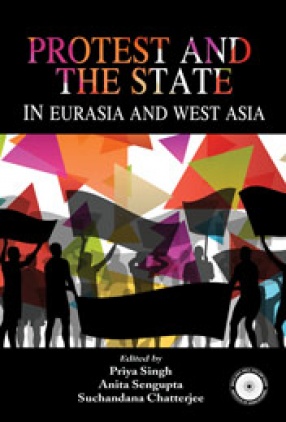
Priya Singh

Showing all 7 books
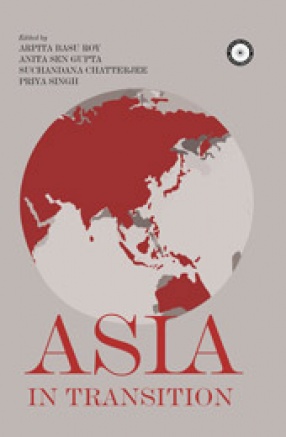

The twenty-first century has witnessed disaffection and protest across Eurasia and West Asia, triggering debates questioning the state of governance as well as looking at a redefinition of the ‘arc of crisis.’ By and large, there have been two major viewpoints, one which emphasises the aspect of ‘failed states’ and the other that focuses on technology as the prime instigator and motivator for the protests. Even as the Arab Uprisings are ...

The essays deal with issues like pan-Asianism, reform movements across Asia, routes and roads, infrastructural development and technological advancement, leadership and legitimacy, governance and institutions and the rise of China. They examine the performance of Asia in various spheres and contrast the Asian experience: economic growth and emergence of India and China as economic giants on the one hand and struggling economies, poor infrastructure, unequal ...

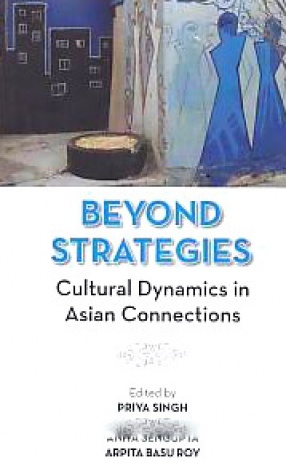
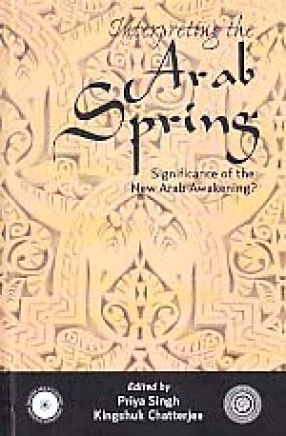
Based on the proceedings at a conference, the volume presents papers that analyse the outbreak of the Arab Spring. Identity economic problems, social concerns, political problems, judicial issues are seen as the combination of factors that contributed to a sense of grievance around the Arab world and manifested itself in the much popularised Arab spring in 2010-2011. They examine the Arab awakening that characterised the episode, probing the impact of Arab Spring ...
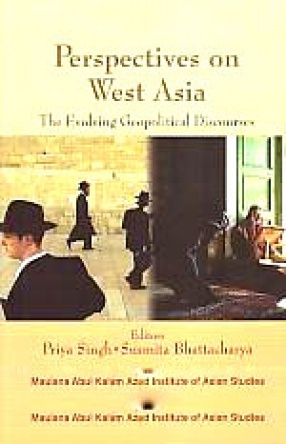
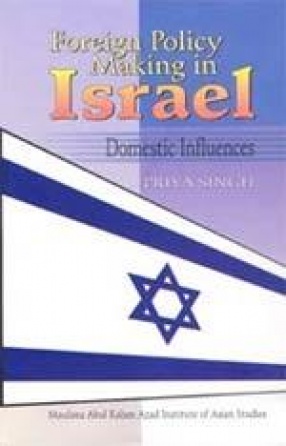
There are conflicting opinions regarding the understanding of a country's foreign policy. One viewpoint which is now commonly shared by most foreign policy experts is that foreign policy experts is that foreign policy is not an independent variable and as such is conditioned by several factors. Among the multiple determinants of foreign policy, the domestic factors are considered to be especially important. While it is universally accepted that a State's external ...
